The everyday habits doing silent damage to the Earth
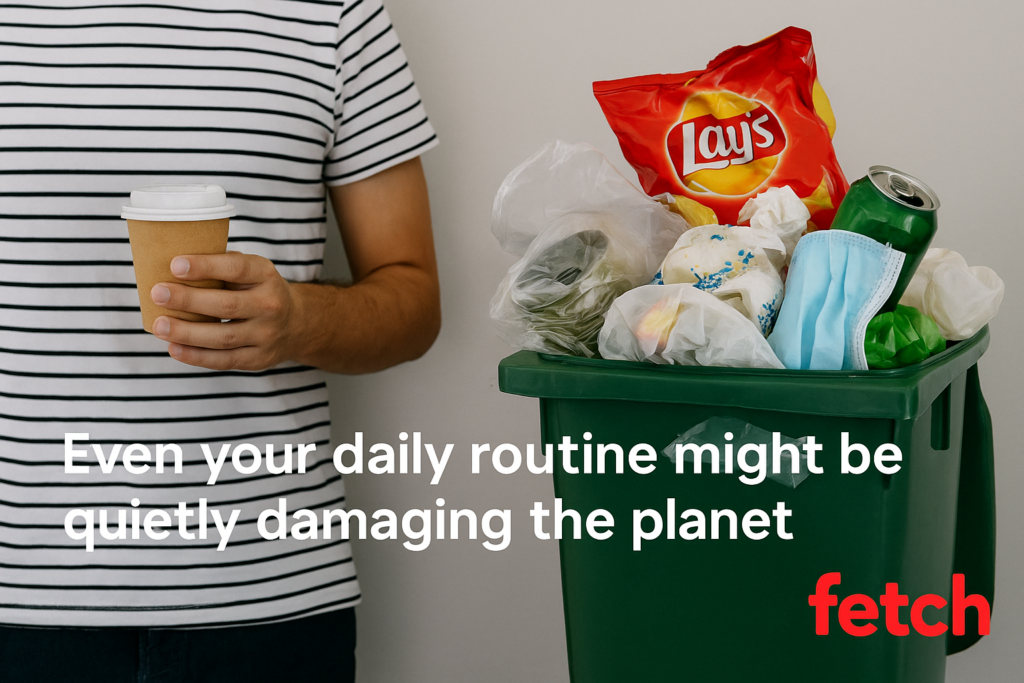
It’s easy to think of yourself as environmentally conscious when you recycle or use reusable grocery bags. But what if some of your everyday habits are quietly doing more harm than good? The truth is, a lot of us are unintentionally contributing to pollution, waste, and climate change in ways we don’t even notice. Keep reading to uncover nine surprisingly common habits that are hurting the planet and how a few small changes can make a big difference.
1. Leaving Devices Plugged In
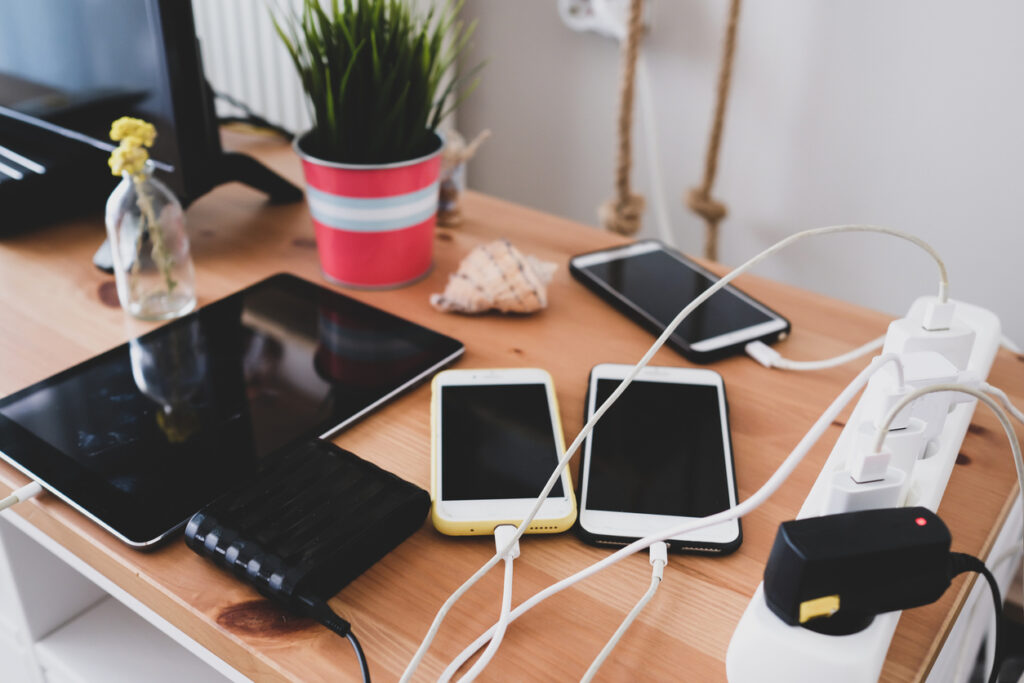
Even when your phone or laptop isn’t charging, it’s still drawing power if it’s plugged in. This “phantom energy” adds up quickly and increases demand on power plants, many of which rely on fossil fuels. A plugged-in charger might seem harmless, but multiplied by millions, it contributes to energy waste and greenhouse gas emissions. Unplugging unused electronics is one of the easiest ways to reduce your carbon footprint without breaking a sweat.
Source: Safety Notes
2. Tossing Food Waste in the Trash
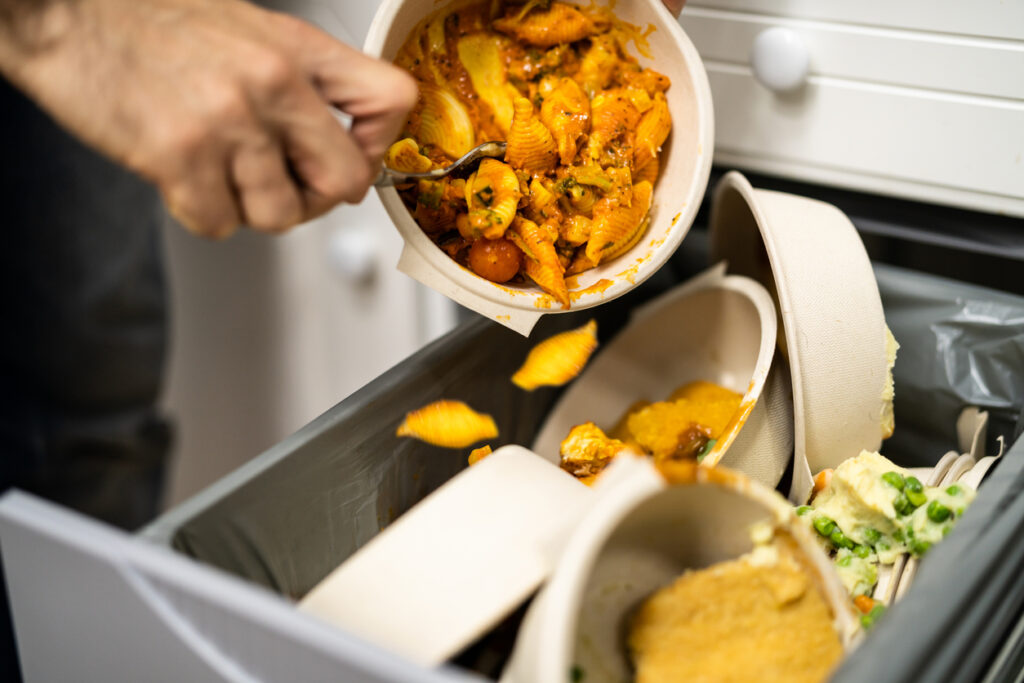
Throwing out food doesn’t just waste your money; it also fuels climate change. When food scraps end up in landfills, they decompose without oxygen, releasing methane, a greenhouse gas that’s over 25 times more potent than carbon dioxide. Composting at home or using a local food waste program helps reduce landfill waste and supports healthy soil, all while cutting back on harmful emissions.
Source: BioCycle
3. Buying Fast Fashion
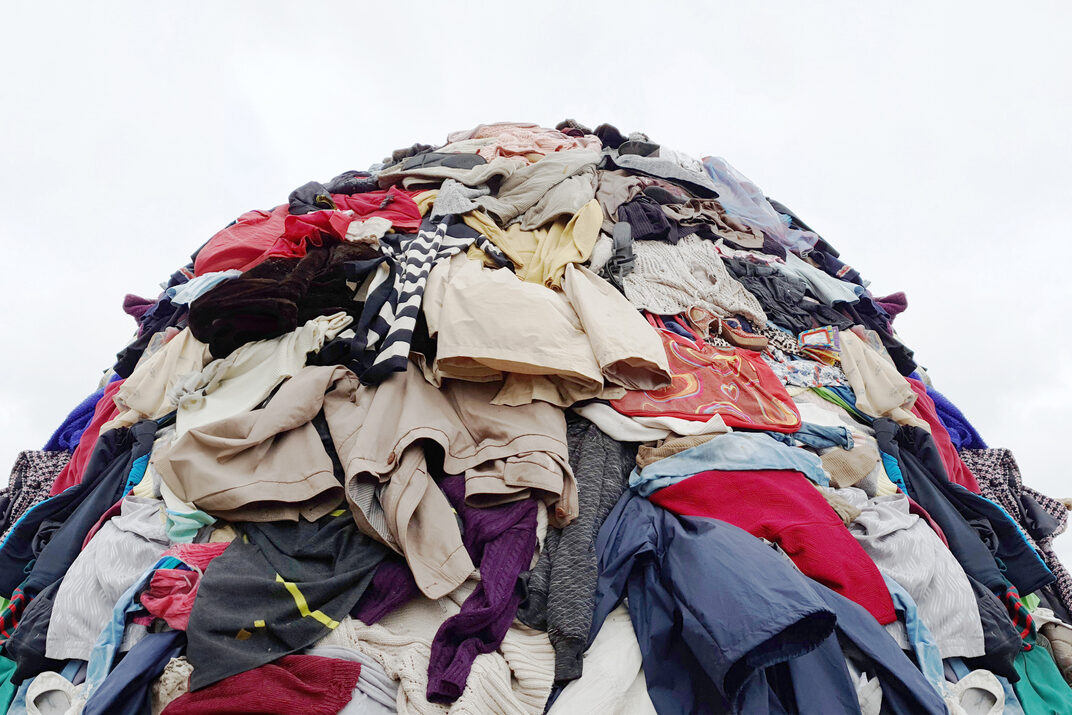
Trendy clothes that cost next to nothing might be great for your wallet, but they’re rough on the environment. Fast fashion relies on cheap materials and labor, consuming massive amounts of water and producing tons of waste. Many of these items end up in landfills after just a few wears. Choosing second-hand clothing or investing in higher-quality pieces can help reduce the fashion industry’s huge environmental footprint.
Source: Carbon Trail
4. Using Disposable Wipes
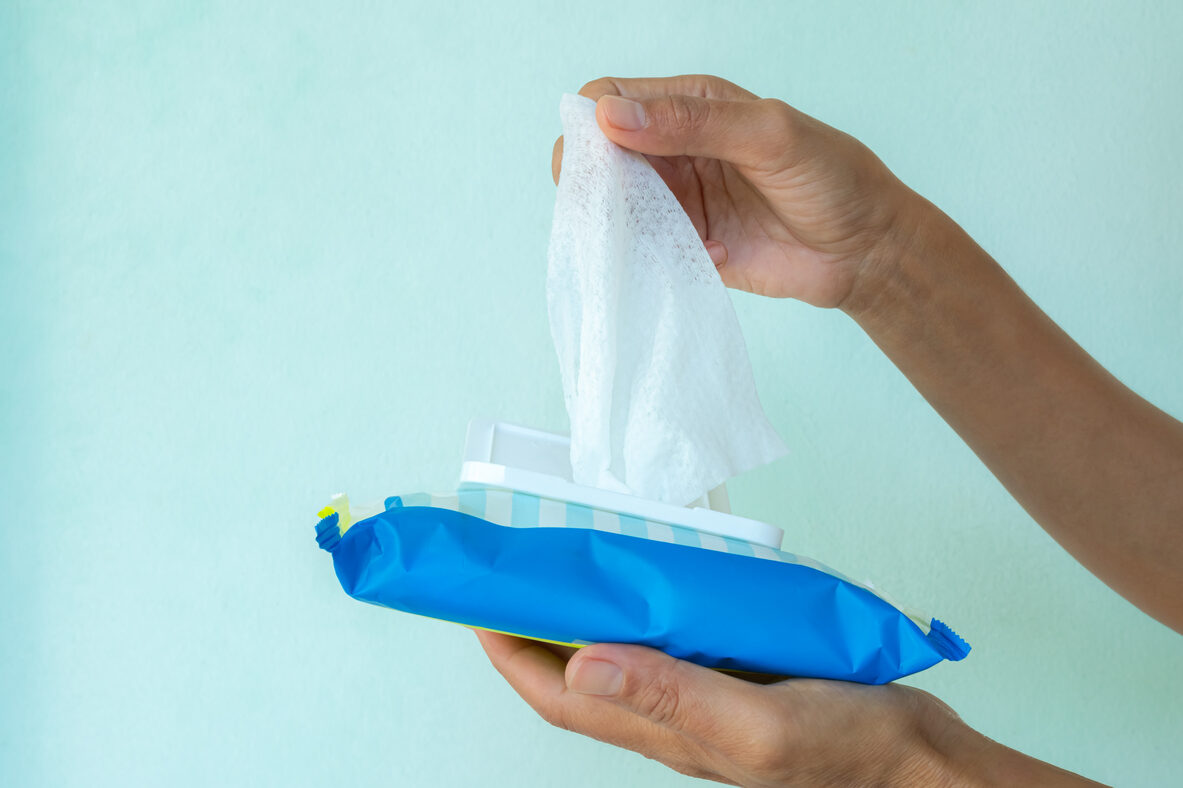
Those convenient cleaning and personal wipes don’t just disappear when you toss them. Most are made with plastic fibers that don’t break down, clogging sewage systems and polluting oceans. They’re also packaged in plastic, adding to single-use waste. A better option? Switch to washable cloths or biodegradable alternatives that keep your home clean without hurting the planet.
Source: CNN
5. Ignoring Your Car’s Tire Pressure
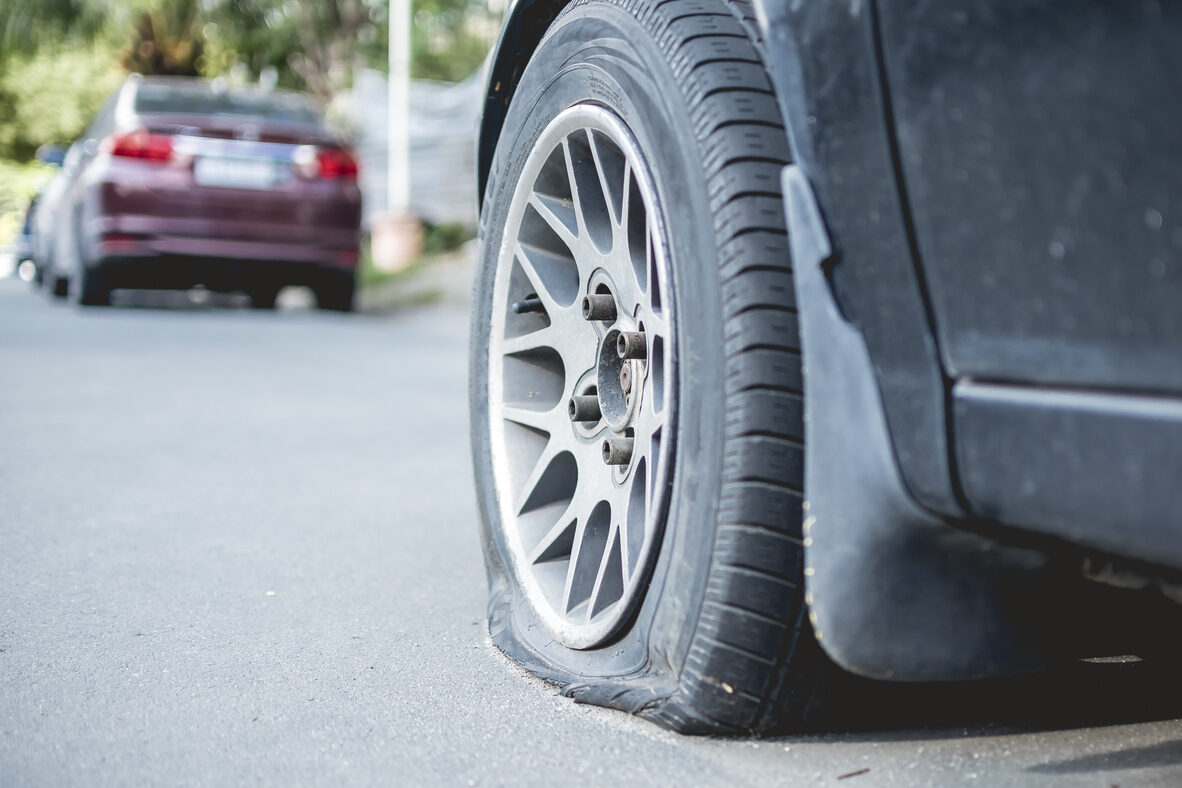
Driving with underinflated tires doesn’t just lower your gas mileage, it increases carbon emissions too. When tires aren’t properly inflated, your engine works harder, burning more fuel and releasing more pollutants into the air. Checking your tire pressure monthly can improve fuel efficiency, reduce emissions, and even extend the life of your tires. It’s a small act with surprisingly big impact.
6. Letting Water Run While You Brush

It might not seem like a big deal, but letting the faucet run while brushing your teeth wastes up to 4 gallons of water every time. That’s over 1,400 gallons a year for just one person. Clean, treated water takes energy to produce and deliver, so every drop saved helps the environment. Turning off the tap during your two-minute brush is an easy water conservation win.
7. Throwing Batteries in the Trash

Batteries contain toxic materials like lead, cadmium, and mercury that can leak into soil and groundwater when they’re sent to landfills. These chemicals harm ecosystems and can even affect human health. Proper battery recycling programs are widely available and ensure that harmful substances are handled safely. Keeping a small container for dead batteries and dropping them off at collection centers can make a real difference.
8. Relying on Single-Use Coffee Pods
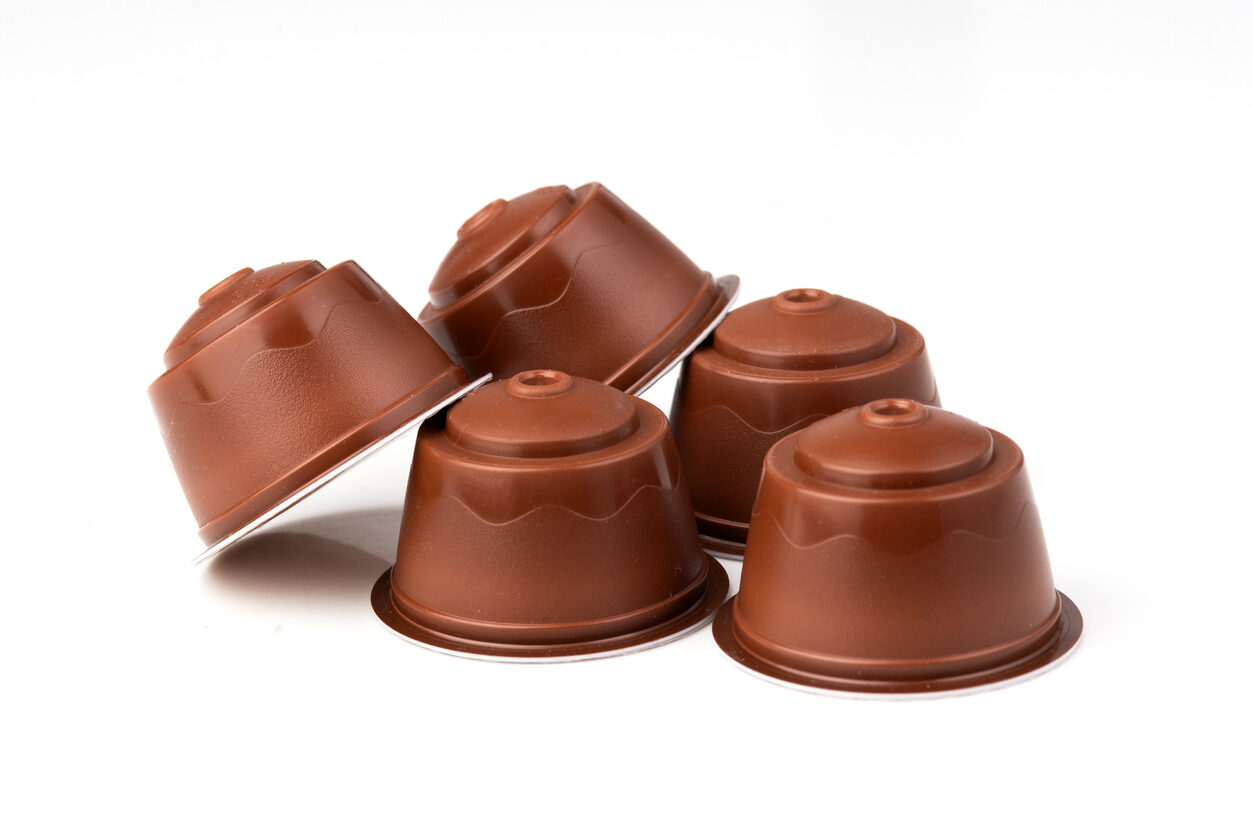
Those little coffee pods might be convenient, but they generate a lot of waste. Most aren’t recyclable through curbside programs and end up in landfills. Multiply that by the millions used every day, and it’s a serious problem. Switching to reusable pods or traditional brewing methods can drastically reduce plastic waste while still getting your caffeine fix.
9. Overusing Paper Towels
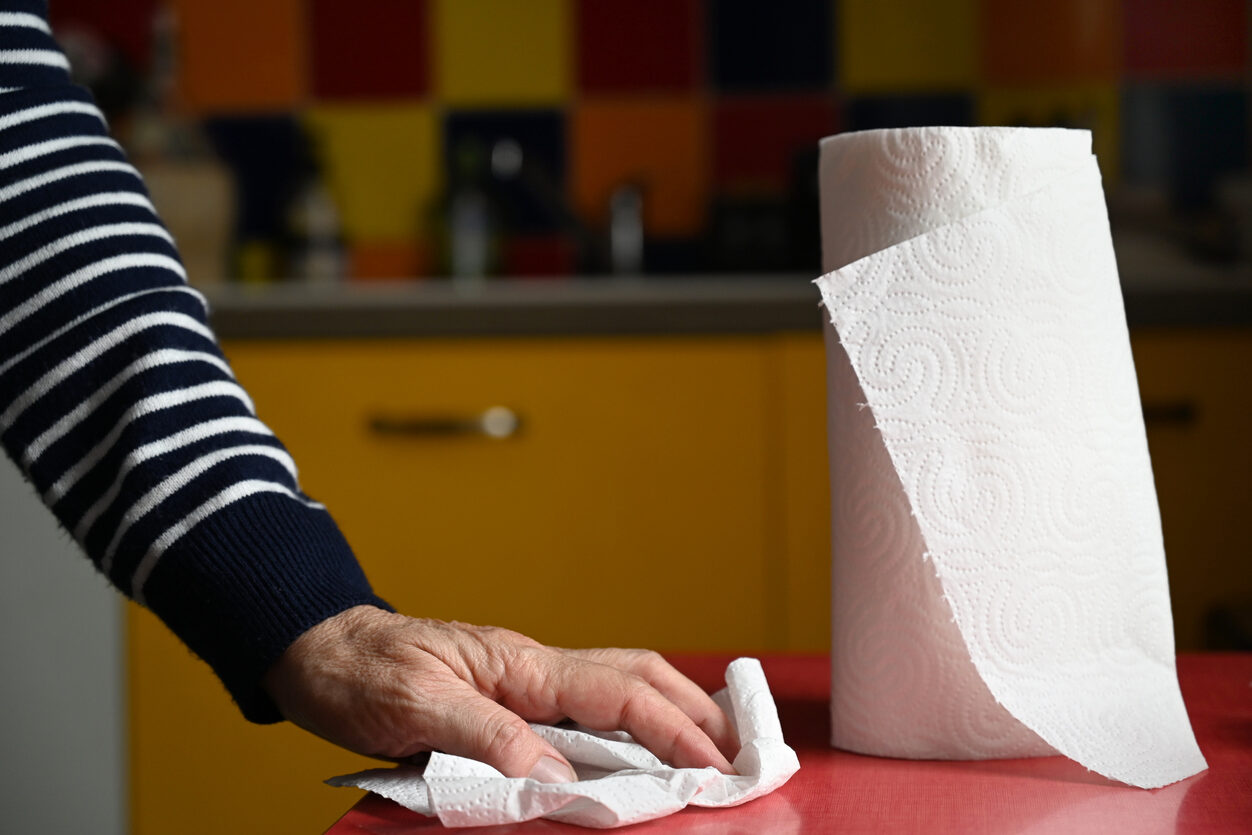
It’s easy to reach for paper towels for every spill, but they’re a major source of deforestation and waste. Producing them requires cutting down trees, using large amounts of water, and emitting greenhouse gases. Plus, they’re often not recyclable once used. Reusable cloth towels or sponges are a more eco-friendly alternative that helps cut down on unnecessary trash and saves money in the long run.
Think one person can’t make a difference? Think again. Small shifts in your daily routine can add up to a big impact for the planet. Which habit surprised you the most? Share your thoughts in the comments and let’s swap some simple sustainability tips!


